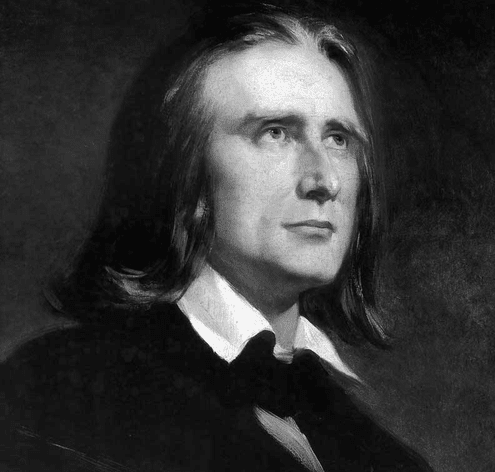

Liszt was never content with the status quo or with simply continuing artistic traditions. He gave lots of encouragement to Edvard Grieg for example praising his music and playing through his Piano Concerto. By performing their music in his recitals and also arranging orchestral works for piano, Liszt did much to help his colleagues find a wider audience.

Among his closest acquaintances were Berlioz, Chopin, Schumann and Wagner. Throughout his career Liszt was highly supportive of his fellow musicians and worked tirelessly to promote their work. Liszt was a deeply philosophical man, and much of his music was inspired directly by the poets and writers he admired, including Byron, Goethe, Lamartine and Senancour. These works were extensions of his earlier character pieces for piano, and are intended to depict a poetic or dramatic scene in symphonic terms. Finally, he pioneered a new genre of orchestral music, the "symphonic poem". He also set to work on a number of new and major compositions, including the Sonata in B Minor for piano and symphonies inspired by Goethe's Faust and Dante's Divine Comedy. He extensively revised many of his earlier piano pieces to give them more musical and poetic depth, in the process often greatly reducing their technical demands. The period that followed was a very fruitful one for Liszt. After reaching the highest levels of society and receiving the endorsement of royalty from every European nation, Liszt abruptly gave up the stressful life of a touring concert artist and settled down, at age 37, to other artistic pursuits. Using his own compositions and virtuoso fantasies based on contemporary operas, Liszt took Europe, Russia and Turkey by storm as a soloist. After isolating himself in intense practice he finally succeeded admirably in that goal, writing a number of works of hither-to unheard-of difficulty, many actually inspired by Paganini's Caprices. He decided from then on that he would dedicate himself to doing for the piano what Paganini had done for the violin. A turning point came when, in his early twenties, Liszt heard the virtuoso violinist Paganini perform. A child prodigy, the young Liszt toured Europe under the guidance of his father (an amateur musician), showing off his amazing pianistic talent. He is remembered today mainly for his important contributions to piano technique and repertoire, but there is much more to Liszt the composer. Franz Liszt was a virtuoso pianist, composer and Romantic artist par excellence.


 0 kommentar(er)
0 kommentar(er)
